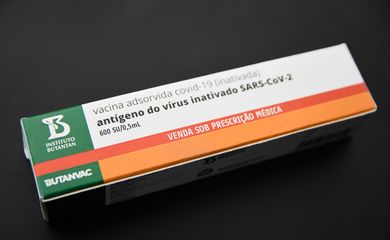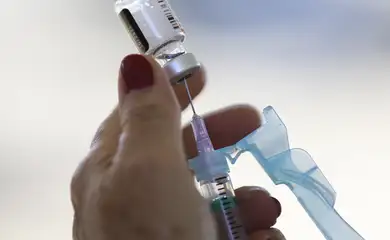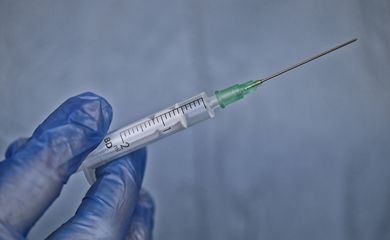National Vaccine Center construction work in Minas Gerais begins

The MCTI National Vaccine Center started being built in Belo Horizonte, state capital of Minas Gerais, in a 6 thousand m² area. The facility should operate as an innovation hub for the production of pilot batches of vaccines in Brazil.

The project—a BRL 80 million investment, split into BRL 50 million from the National Fund for Scientific and Technological Development and BRL 30 million from the state government—should be finished by 2025. The entire infrastructure will be geared towards vaccine development and large-scale distribution in the domestic industry.
Autonomy
According to Marcelo Morales, secretary for Research and Scientific Training at the Ministry of Science, Technology, and Innovation (MCTI), the center is part of the ministry’s strategy to bring out the new perspective of Brazil’s autonomy for active pharmaceutical ingredients.
While working to fight the COVID-19 pandemic, the ministry considered that the absence of plants capable of producing pilot batches of active pharmaceutical ingredients with good manufacturing practices in Brazil was a major bottleneck in research, development, and innovation, as well as in the subsequent packaging of experimental vaccine formulations. Such aspects need to be met under the requirements of Brazil’s national drug authority Anvisa regarding clinical trials.
This gap should be bridged, Morales argued. “We’ll produce pilot batches for all vaccines, including dengue and yellow fever, just as we’re doing for the monkeypox vaccine. Next, we scale it up by delivering it to companies like Bio-Manguinhos/Fiocruz and Butantan,” he declared.
Sandra Regina Goulart Almeida, dean of the Federal University of Minas Gerais, a partner in the venture, said the complex will be one more research center in Brazil for vaccine production. “This helps us in our need to become self-sustainable. It’s a key moment, not only regarding existing diseases, but also concerning what may come in the future.” Sandra argues that the results should guarantee better living conditions for the people and improvements to the public health and make Brazil more self-sufficient in vaccine production.








